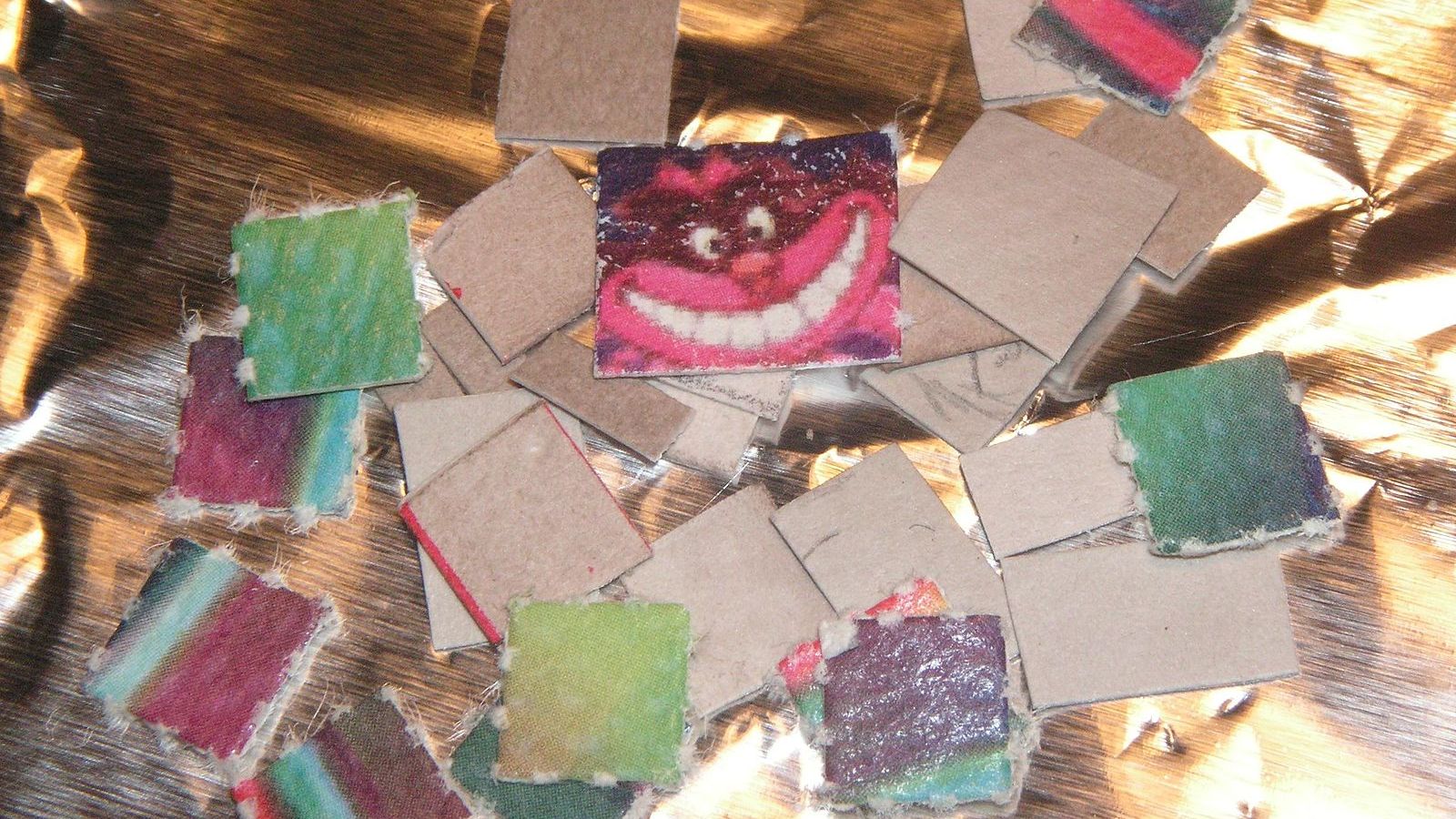Researchers have discovered the mechanism that contributes to the hallucinogenic drug LSD increasing social interactions, potentially unlocking new therapeutic applications.
Lysergic Acid Diethylamide (LSD) became a popular psychedelic drug during the 1960s and is again gaining in popularity, with some young professionals claiming to take micro-doses to enhance their creativity.
Despite rigorous analysis and experimentation, including in the CIA’s illegal MKUltra project during the 1950s, scientists have not been able to determine the mechanism of how LSD acts upon the brain – until now.
Researchers from McGill University in Canada have discovered that LSD activates the serotonin 5-HT2A receptors and AMPHA receptors in the brain, both of which combine to promote social interaction.
In their study, published in the journal PNAS, the scientists administered a low dose of LSD to mice over a period of seven days and discovered it resulted in an observable increase in their sociability.
Although the behaviour in mice is not directly equivalent with that in humans, with the researchers noting that it was largely analogous to empathy and social behaviour, the main outcome was identifying the underlying mechanism for the behavioural effect.
“The fact that LSD binds the 5-HT2A receptor was previously known,” said Professor Nahum Sonenberg of McGill’s department of biochemistry, co-author of the report.
“The novelty of this research is to have identified that the prosocial effects of LSD activate the 5-HT2 receptors, which in-turn activate the excitatory synapses of the AMPA receptor as well as the protein complex mTORC1.”
These brain pathways have been demonstrated to be dysregulated in mental disorders with social deficits, such as autism spectrum disorder, according to Prof Sonenberg’s previous research.
The next step for the researchers is to test LSD on mutant mice which display behavioural deficits similar to those in human pathologies, including autism spectrum disorders and social anxiety disorders.
The hope, according to McGill University, “is to eventually explore whether micro-doses of LSD or some novel derivates might have a similar effect in humans and whether it could also be a viable and safe therapeutic option”.
“Social interaction is a fundamental characteristic of human behaviour,” added co-lead author Dr Gabriella Gobbi, professor in the Department of Psychiatry at McGill and psychiatrist at the McGill University Health Centre.
“These hallucinogenic compounds, which, at low doses, are able to increase sociability may help to better understand the pharmacology and neurobiology of social behaviour and, ultimately, to develop and discover novel and safer drugs for mental disorders.”

